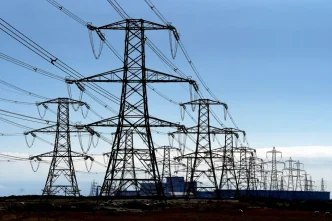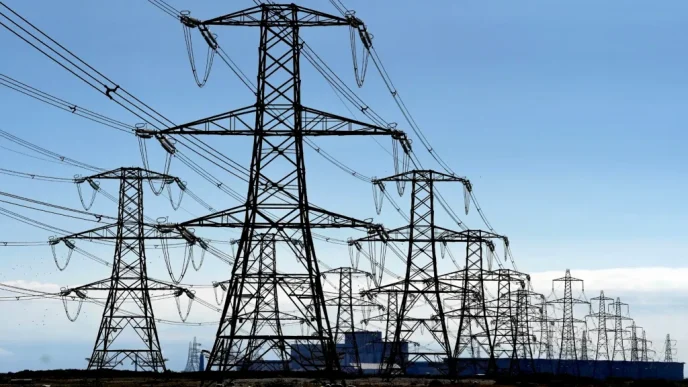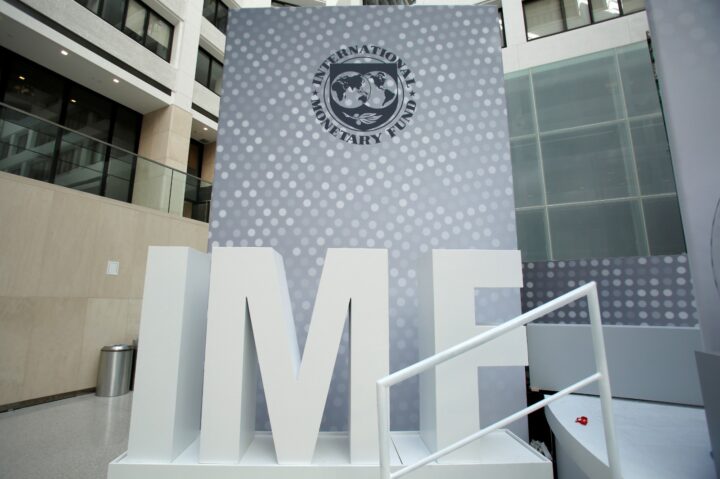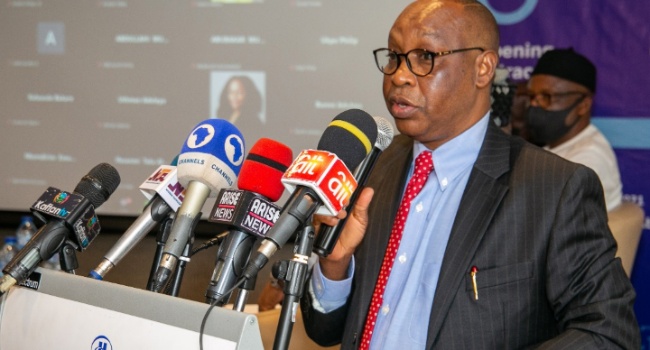BudgIT, a civic-tech organisation, says 32 states relied on the federal account allocation committee (FAAC) for at least 55 percent of their total revenue in 2023.
The organisation said 14 states relied on FAAC receipts for at least 70 percent of their total revenue.
In its 2024 “State of States” report on Tuesday, BudgIT said the situation underscored state governments’ heavy dependence on federal revenue allocations, exposing their vulnerability to crude oil-related and other external economic shocks.
The report said transfers to states from the federation account comprised at least 62 percent of the recurrent revenue of 34 states, except Lagos and Ogun, while 21 states relied on federal transfers for at least 80 percent of their recurrent revenue.
Advertisement
‘STATES REVENUE INCREASED SIGNIFICANTLY DUE TO REMOVAL OF PETROL SUBSIDY’
The organisation said in the 2023 fiscal year, the combined revenue of all 36 states in Nigeria increased significantly by 31.2 percent from N6.6 trillion in 2022 to N8.66 trillion.
“This growth rate exceeded the previous year’s increase of 28.95%, indicating a notable improvement in fiscal performance,” the report said.
Advertisement
“Of the total revenue generated in 2023, Lagos state contributed N1.24tn, representing 14.32 percent of the cumulative revenue of the 36 states.
“Gross FAAC, which grew by 33.19% from N4.05tn in 2022 to N5.4tn in 2023, contributed to 65% of the year-on-year growth of the combined revenue of the 36 states.”
BudgIT said the increase reflects a moderate boost in state revenue, attributed to the end of the petrol subsidy.
On internally generated revenue (IGR) by the states, the report said the domestic resource mobilisation capacity of the state governments seemed to improve in 2023, as the 36 states’ IGR grew by 20.33 percent to N2.19 trillion from the N1.82 trillion garnered in 2022.
Advertisement
BudgIT, however, said it was mixed fortunes for the states as the growth was unequal across the board.
“6 states grew their IGR by more than 50%, with Zamfara recording the highest growth of 240.22%, while 7 states recorded negative IGR growth, with Jigawa recording the worst decline among the 36 states,” the organisation said.
“Cumulatively, the IGR of the 36 states accounted for just 25.27% of the total revenue accrued to the states.”
According to the report, the fiscal viability and long-term sustainability of states depend largely on their ability to generate internal revenue by leveraging their natural resource endowments, technology, public-private partnerships (PPP), human capital, and consequence management.
Advertisement
The report said the approach aims to finance critical infrastructure, invest in human capital development and social protection, pay the new minimum wage and its consequential adjustments, and amend the broken social contract.
BudgIT said to generate revenues, the states should digitise revenue collection, eliminate cash transactions, use tax intelligence to identify and enforce tax obligations — especially for high-net-worth individuals — and harmonise various taxes, fees, and levies.
Advertisement
The organisation added that fully implementing a treasury single account and enhancing the ease of doing business are essential.
Advertisement
Add a comment









